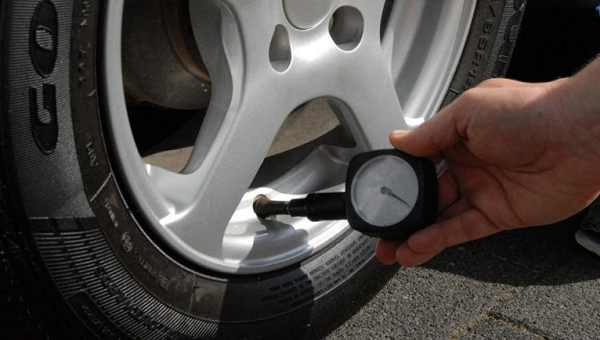It’s that time of year when we all peek out of the window full of dread in the mornings, tugging back the curtains in the hope that the roads aren’t frozen over. Scraping ice off the windscreen before you even attempt to navigate the slippery roads is not a prospect any of us look forward to.
The winter weather will never be kind to your car and, if all else fails, you can always count on the likes of AA Roadside Assistance to help you get back into top gear.
But here are a few problems to look out for and tips that can help you motor along smoothly so that you can hopefully avoid the need for emergency support.
Flat Battery
This can be a major problem in the colder months. Freezing temperatures mean your battery has to work harder than normal, and that means there is more chance of your vehicle not being able to start up – a major fear if you’re stuck far from home in the cold. Make sure you have jump leads in your boot in case you need to rely on a family member, friend or stranger to help jolt some life back into your battery.
Make sure you have jump leads in your boot in case you need them.
It would always be wise to carry contact details of a local garage or breakdown service in your car this time of year so you can call for assistance if stranded. If you drive a company car then make sure you know the details of the expected procedure.
But always think ahead and regularly check your car battery.
Frozen Fuel Lines
This is more likely to occur when your car is low on fuel. Make sure you don’t run low by purchasing a fuel card, you can compare fuel cards with sites like iCompario. Condensation can form in your tank and freeze, preventing fuel from making its way to your engine. Ways to get around this problem include filling up more regularly, keeping your fuel tank as full as possible, and also purchasing a fuel-line anti-freeze from a specialist.
Using your car regularly and not letting it sit for days on end will also help prevent freezing.
Low Tyre Pressure
It is vital you keep tyre pressure at the correct levels at all times of year, but in cold snaps – when roads are more slippery than usual – it is as important as ever to ensure your vehicle is handling properly. Air contracts when it’s cold which means tyre pressure will drop, leaving less of your vehicle in contact with the road. Regularly check your tyre pressure and keep them pumped up by visiting your local petrol station or keeping a tyre inflator in your car.

Corrosion
It’s a catch 22. If you want to drive safely on roads then they need to be gritted. But the salt sticks to your vehicle and causes significant damage.
Make sure you regularly wash your car in winter, including the underside, to combat this problem.
Frozen Wipers
Ever noticed how your car windscreen gets dirtier much faster in winter? It is, therefore, important to ensure your wipers are working to their best when you’re out on the road.
One old wives’ tale suggests you rub a raw onion half on your windows the night before to prevent frost forming on your glass and trapping your wipers in position. Vinegar or alcohol mixed with water has a similar effect when sprayed onto the glass.
Wiping the blades with a rag covered in de-icer can also do the trick… but never pour warm water over the windscreen.


Comments are closed.